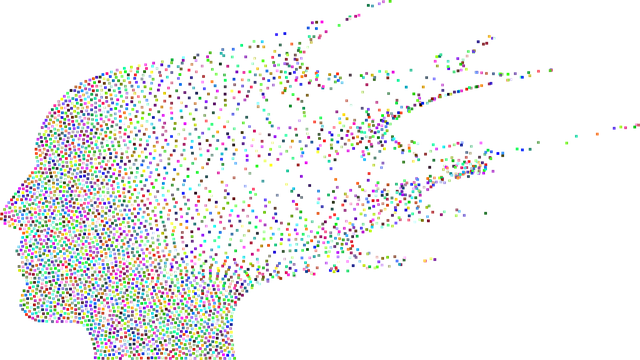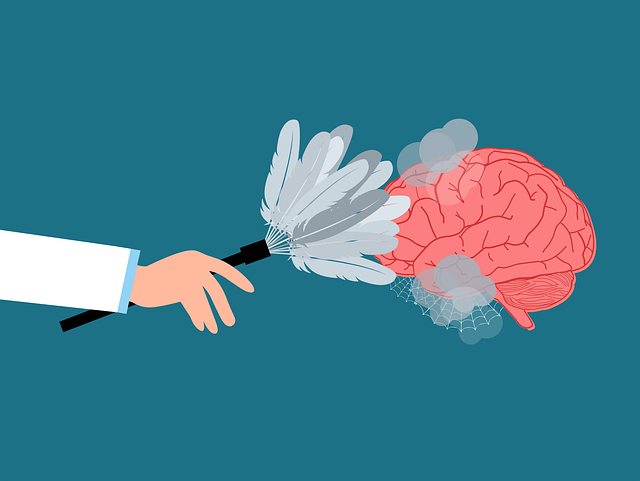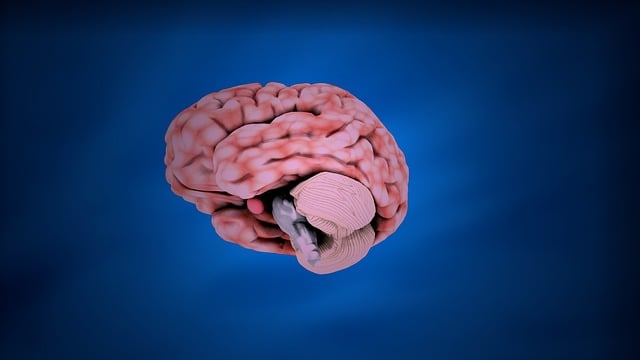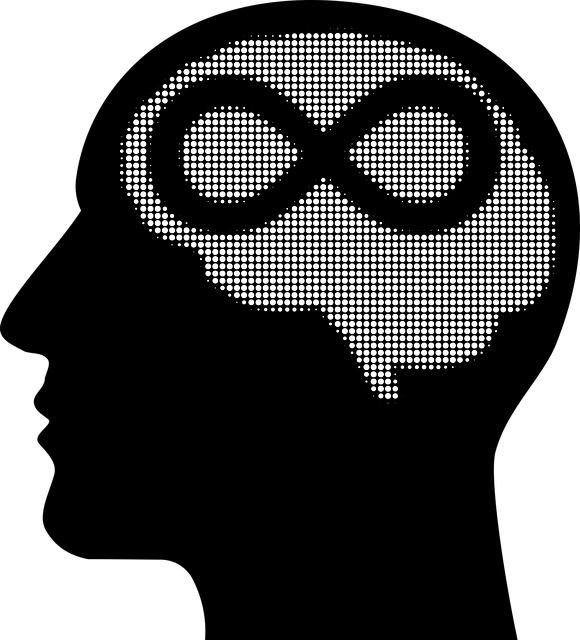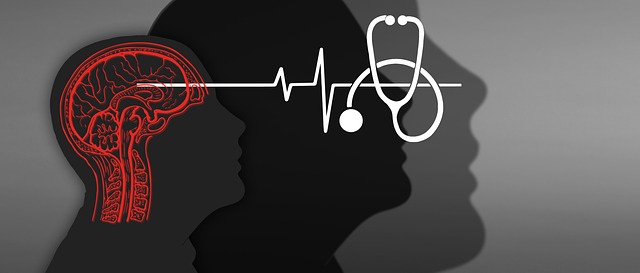Mental wellness coaching is a growing field addressing the increasing demand for support beyond traditional therapy, focusing on holistic well-being. It empowers individuals to take charge of their mental health by combining practices like crisis intervention and compassion cultivation. Golden Relationship Issues Therapy (GRIT), a powerful tool within these programs, helps clients overcome interpersonal challenges and communication breakdowns through focused communication strategies and empathy building. Structured curricula, emphasizing self-care routine development and conflict resolution techniques, combine interactive activities, case studies, and practical exercises to actively engage participants in their mental health journey. Evidence-based techniques, personalized support, and integration of self-care practices facilitate meaningful change and empower clients for positive transformations. Robust evaluation methods track coping skill development, client feedback, risk assessment, and program enhancement, cultivating a supportive environment that leads to successful therapy outcomes.
Mental wellness coaching programs have emerged as a vital resource in addressing the growing need for mental health support. This article explores the development and importance of these programs, focusing on the integration of Golden Relationship Issues Therapy (GRI) as an effective approach. We delve into designing tailored curricula, implementing evidence-based techniques, and measuring success to ensure personalized support. By examining these key aspects, we highlight how mental wellness coaching can revolutionize mental health care.
- Understanding Mental Wellness Coaching: A Growing Need
- The Role of Golden Relationship Issues Therapy in Coaching Programs
- Designing Effective Coaching Curricula and Modules
- Implementing Evidence-Based Techniques for Personalized Support
- Measuring Success: Evaluating the Impact of Mental Wellness Coaching
Understanding Mental Wellness Coaching: A Growing Need

Mental wellness coaching is a growing field that addresses the rising need for support beyond traditional therapy. It involves guiding individuals to navigate and overcome various mental health challenges, focusing on holistic well-being. The approach emphasizes building resilience and fostering a positive mindset, which are crucial aspects of emotional regulation. With life’s increasing complexities, many people face stress, anxiety, and relationship issues that can lead to crises. Thus, mental wellness coaching offers a unique solution, providing the tools and techniques needed to cope with these modern-day challenges.
This form of therapy complements existing practices like crisis intervention guidance and compassion cultivation. It empowers individuals to take charge of their mental health, fostering self-awareness and personal growth. By focusing on preventing and managing issues at an early stage, wellness coaching can be a game-changer in promoting overall well-being.
The Role of Golden Relationship Issues Therapy in Coaching Programs

Golden Relationship Issues Therapy (GRIT) plays a pivotal role in the development of Mental Wellness Coaching Programs. This therapeutic approach recognizes that many mental health challenges stem from interpersonal relationships and communication breakdowns. By integrating GRIT into coaching programs, mental wellness coaches can help clients explore and resolve underlying relationship issues that may be contributing to their distress.
The focus on Communication Strategies and Empathy Building Strategies within GRIT empowers coaches to facilitate deeper connections with their clients. This, in turn, fosters a safe and supportive environment where individuals can openly discuss their struggles, gain insights into their behaviors, and develop healthier relationship dynamics. As a result, mental wellness coaching programs incorporating GRIT are effective in promoting personal growth, enhancing emotional well-being, and ultimately, enabling individuals to lead more fulfilling lives.
Designing Effective Coaching Curricula and Modules

When designing coaching curricula for mental wellness, it’s essential to create structured modules that address a wide range of issues. The Golden Relationship Issues Therapy approach can serve as a framework, focusing on themes like communication, empathy, and conflict resolution techniques. Each module should be crafted with clear learning objectives, incorporating interactive activities, case studies, and practical exercises to engage participants actively in their mental health journey.
Self-Care Routine Development for Better Mental Health is another crucial aspect. Curricula can guide coaches and clients through the process of identifying personalized self-care practices, including stress management techniques, mindfulness exercises, and emotional intelligence development. By integrating Conflict Resolution Techniques into these modules, coaches empower individuals to navigate challenging situations with resilience and grace.
Implementing Evidence-Based Techniques for Personalized Support

Implementing evidence-based techniques is pivotal when designing mental wellness coaching programs, ensuring personalized support that effectively addresses diverse individual needs. These techniques, rooted in successful therapeutic approaches like Golden Relationship Issues Therapy, offer a framework for coaches to facilitate meaningful change. By incorporating strategies from Burnout Prevention Strategies for Healthcare Providers and Stress Management Workshops Organization, coaches can help clients develop resilience against life’s challenges.
Self-care practices are integral to this process, enabling individuals to proactively manage their mental wellness. Through these evidence-based methods, coaching programs can equip participants with practical tools to navigate stress, enhance coping mechanisms, and promote overall well-being. This personalized approach fosters a supportive environment where clients feel empowered to embrace positive transformations in their lives.
Measuring Success: Evaluating the Impact of Mental Wellness Coaching

Measuring success is a pivotal aspect of evaluating the impact and effectiveness of mental wellness coaching programs. It involves assessing both short-term improvements and long-term sustainability in clients’ lives. By employing robust evaluation methods, coaches can gain valuable insights into what strategies work best for different individuals and scenarios, fostering continuous program enhancement. This data-driven approach not only helps in identifying key areas of improvement but also strengthens the overall coaching practice.
One effective method is tracking progress through regular check-ins, utilizing client feedback, and measuring changes in coping skills development. Additionally, risk assessment for mental health professionals plays a crucial role in ensuring both the coach’s well-being and the client’s safety. By integrating emotional well-being promotion techniques into coaching sessions, coaches can foster a supportive environment that facilitates positive mental health outcomes. This holistic evaluation process is instrumental in cultivating a golden relationship between coach and client, ultimately leading to successful therapy outcomes.
Mental wellness coaching programs, enhanced by the integration of Golden Relationship Issues Therapy, are becoming vital tools in promoting individual well-being. By designing curricula that incorporate evidence-based techniques, coaches can offer personalized support, addressing specific mental health challenges. Through effective measurement and evaluation, these programs can significantly impact positive change, ensuring individuals have access to resources that foster resilience and overall mental wellness. This growing field holds promise for navigating the complexities of modern life’s stressors.
